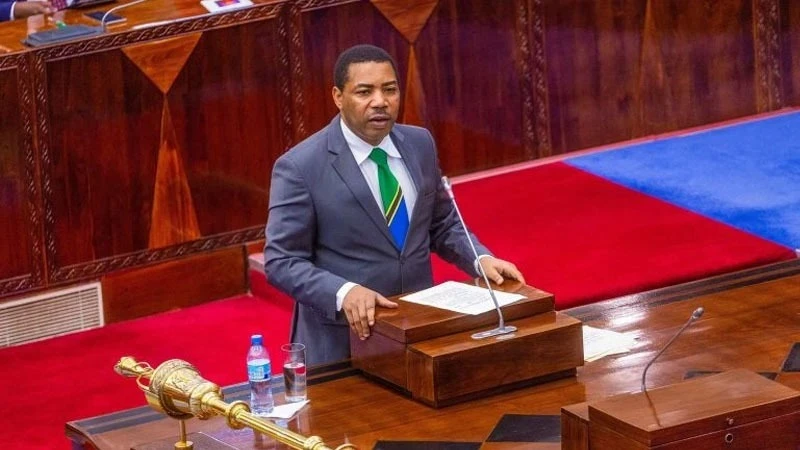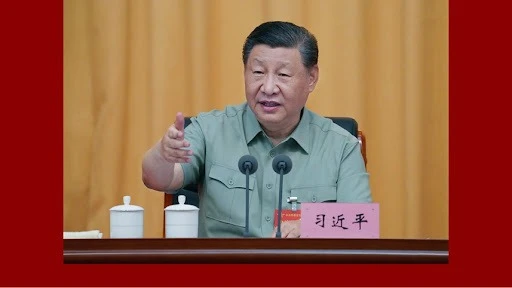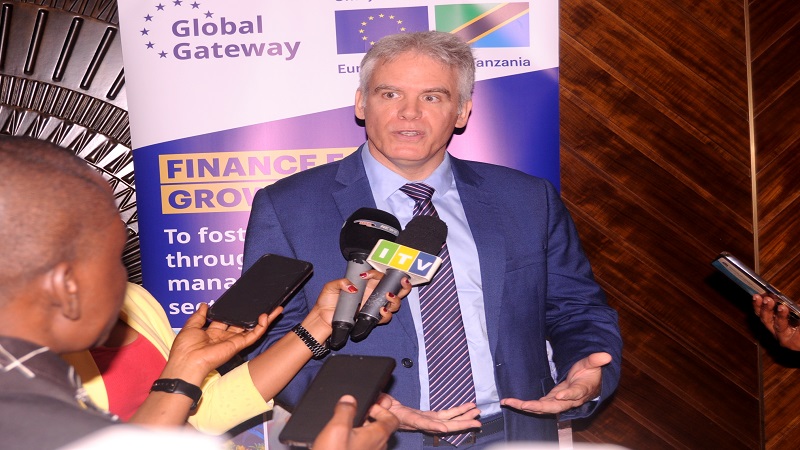Govt seeks to buy, stock sugar as national food reserve to curb woes

THE government has proposed amendment of laws to empower National Food Reserve Agency (NFRA) to buy sugar as a national food reserve to be supplied in the domestic market during shortages.
Tabling the 49.35trn/- national budget for the 2024/25 financial year in the National Assembly on Thursday, Minister for Finance Dr Mwigulu Nchemba said the measure is intended to ensure constant availability of sugar in the market and address hoardings by manufacturers without compromising protection of local industries.
“I propose to amend the Sugar Industry Act, CAP 251 to give power to NFRA to buy, stock and reserve sugar as a national food reserve for domestic consumption during the sugar gap,” he said.
The minister also proposed to charge 50/- per kilogramme of sugar by-products originating from sugar production, noting that the measure is intended to increase revenue and empower the Sugar Board to perform its duties, including training and capacity building in the sugar industry as well as monitor sugar production through expansion of existing industries and fostering new investments.
Tanzania is a sugar deficit country, whose production reached 460,049 tonnes in 2022/23, while demand stood at about 800,000 tonnes for the 2023/2024 financial year.
The minister further said the government plans to charge tourist business licence fees in local currency, instead of using US dollars from the next financial year.
“These proposed measures go hand in hand with the requirement of the fees to be paid for a period of 12 months from the last day of the execution of the final payment for the business licence,” he said.
The government also plans to reduce the Tanzanian tourist business licence fee which is paid by an agent of mountain climbing from $2,000 per annum to 3m/- per annum, he said.
Dr Nchemba said the measures intend to simplify payments of tourism fees, reducing operational costs, attracting investment in the tourism industry and to comply with the requirement of section 26 of the law establishing the Bank of Tanzania, which requires payments within the country to be invoiced and made in local currency.
Top Headlines
© 2024 IPPMEDIA.COM. ALL RIGHTS RESERVED





















